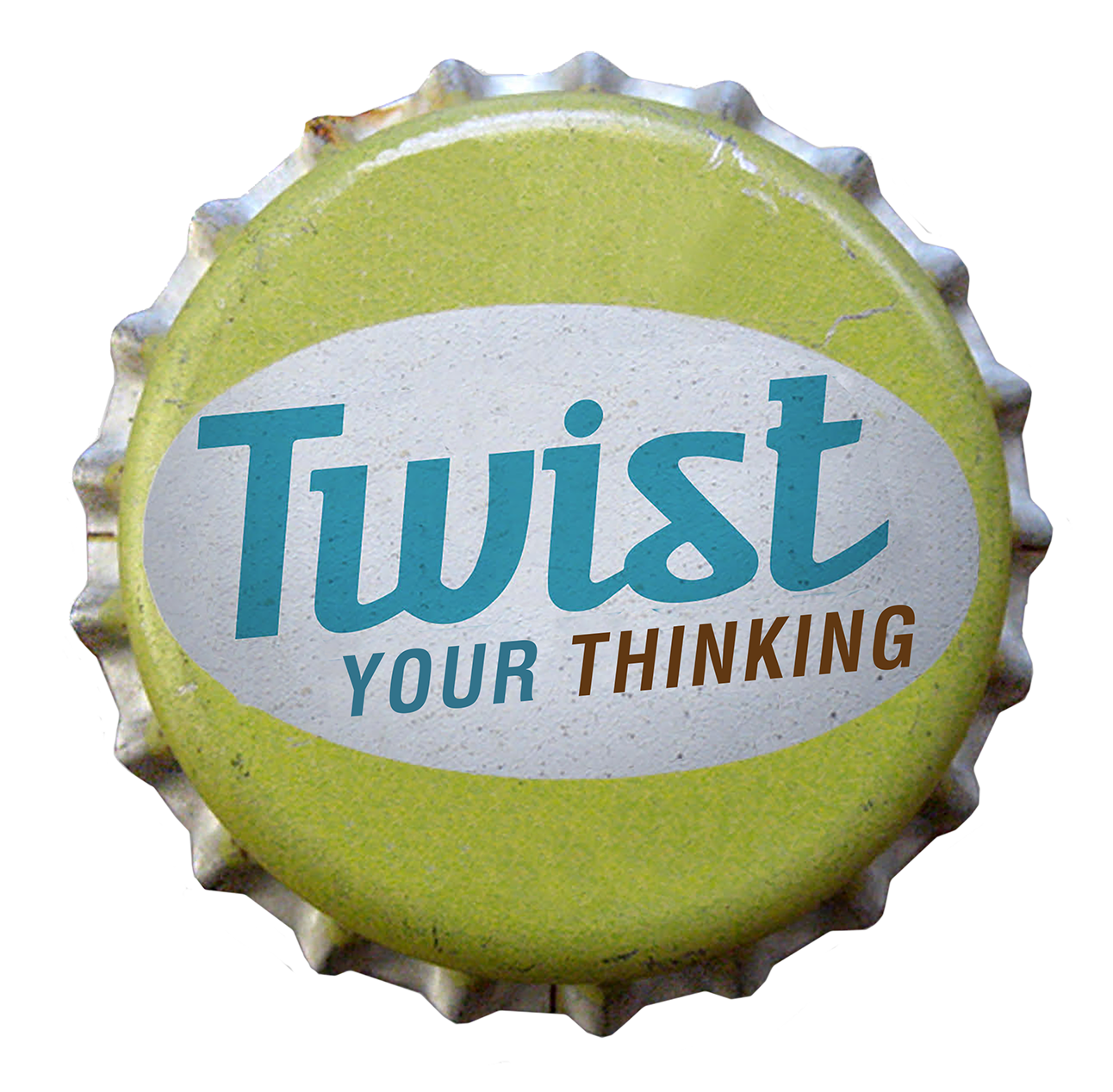In this ever-increasingly fractionalized and polarized world, joy is popping up as an antidote everywhere you turn. See the (debatably) magical Marie Kondo, for starters. It’s an amazing time to get your joy jam on and get the most out of every second you spend spinning on this giant rotating orb.
As someone who spent many years basing most of my decisions and actions on if they would bring me joy, I’ll tell you that it’s a spectacular, and extremely problematic, way to live.
About three years ago, my business was humming along and my dad was gently and honorably breathing his last breaths. His death made me think more deeply about my life. I decided to go away for a couple days and take stock of where I existed in the world.
I rented a little farmhouse Airbnb in Wisconsin and walked the woods for a couple days. I created a list of things that brought me joy, and committed to do more of them. The result was immediate: a more fulfilled life, and a more depleted bank account. It was a tradeoff I was more than willing to make. I taught, learned, and mentored. I wrote a book. I taught and mentored some more. I spent more time with my family and walked my dog a lot, too. I was only doing things that brought me joy.
As you might imagine, most of that joyful activity was immensely emotionally rewarding. Financially? Not so much. The part of my business where people actually paid me shriveled. So I challenged myself to make more money. I got back to business and focused and hustled and righted the ship. But when that ship sailed, it left a lot of joy on the shore.
So what to do? I still wanted as much joy in my life as much as I could get. Where’s the balance? The answer, of course, was on Facebook.
I recently asked the question to my Facebook friends: Is it possible to only do things that bring you joy? Not surprisingly, there were many No’s, with people recounting the menial tasks of life—laundry, dirty dishes, commuting, doctor appointments. Where’s the joy in that?
Ah, that’s where the Yes’s come in.
These were the people who acknowledge the dishes and traffic, but who also know that joy is something bigger than what we do. For example: “Yes, if one learns how to find joy in all things. In other words, the joy has to emanate from the doer, not the task.” And “Joy exists according to the person perceiving it.”
Experiencing joy is about how you see life, not what you have or do.
One person who had faced a serious sickness talked about how she sees life differently now. “I take joy in picking up my dog’s poop, because I still can, and while I’m still at it, I notice the fresh air, and some rabbit crossing the sidewalk, and a guy selling churros…and while I tie that stinky bag, I am joyful in being alive.”
Living a life full of joy doesn’t mean only doing joyful things. If you can find joy not in the things you do but in the way you are, you can find joy in anything. And you’ll be on your way to living a life full of joyful things.
Good luck. I’m going to walk my dog.


